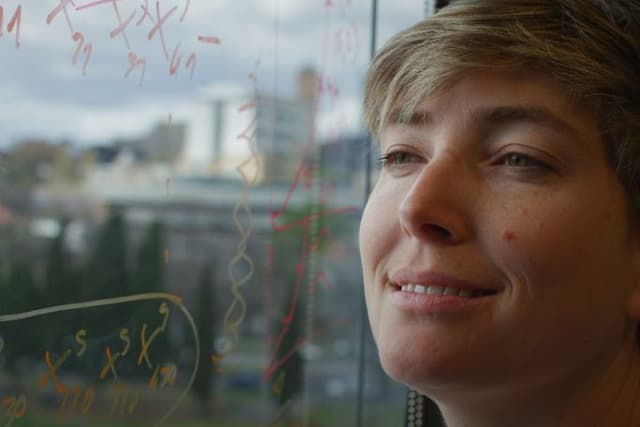
The Leadership - Inclusion and Diversity in the Workplace
Lesson2 of 2 in this unit
SecondaryYear 9 - 10Humanities and Social SciencesBusiness and EconomicsHealth and Physical EducationHealthWork StudiesSocialEqualityLeadershipSocial Action
Summary
Lesson Guides and Printables
Lesson Plan

Student Worksheet

Teacher Content Info
